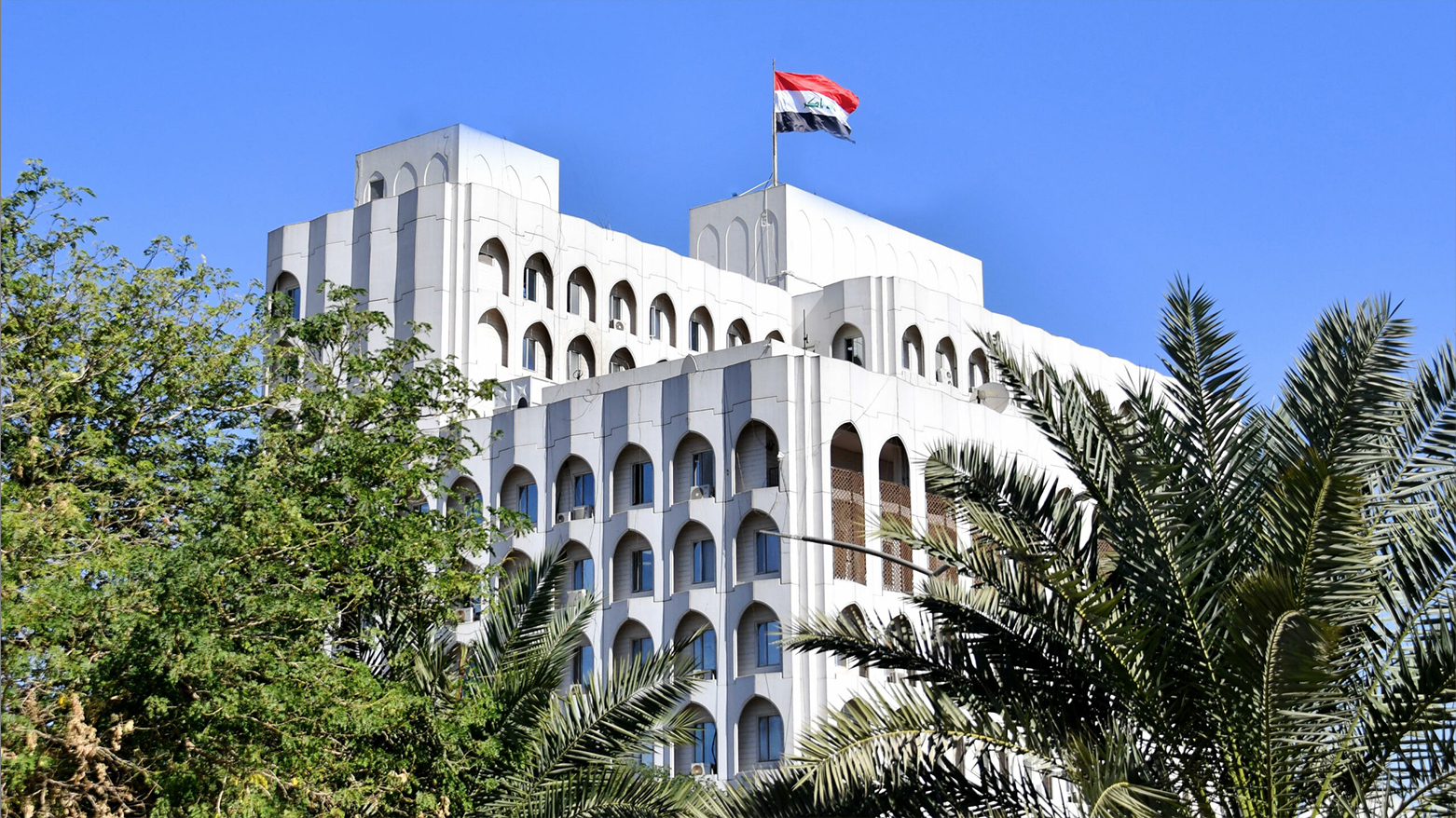Iraq Renews Call for Global Recognition of Yazidi Genocide on Anniversary of 2014 Atrocities
Reiterating its call on the international community, the ministry urged all countries to officially recognize the crimes committed against the Yazidis and other minority groups as acts of genocide.

ERBIL (Kurdistan24) — On the anniversary of the genocide committed against the Yazidi community and other minorities by ISIS militants in 2014, the Iraqi Ministry of Foreign Affairs issued a statement on Sunday condemning the brutal crimes and calling for continued international recognition of the atrocities as genocide.
In the statement, the ministry expressed its “deep sorrow and grief” over the mass killings and abductions carried out by ISIS, reaffirming its “strong condemnation” of the atrocities that targeted innocent civilians.
“The Ministry expresses its deep solidarity with the victims and their families and stresses the importance of international recognition of these violations as genocide,” the statement read. It emphasized that such recognition is essential to rejecting extremist ideologies and ensuring justice for survivors.
The ministry highlighted ongoing efforts to support survivors, repatriate abductees, and secure the rights outlined in Iraq’s Yazidi Female Survivors Law (Law No. 8 of 2021), in coordination with Iraqi embassies and consulates abroad.
Reiterating its call on the international community, the ministry urged all countries to officially recognize the crimes committed against the Yazidis and other minority groups as acts of genocide. It also underscored the need for joint international cooperation to rescue those still missing and prevent future atrocities.
“The Ministry reaffirms its commitment to continuing efforts for justice, international recognition of the genocide, and advancing the path of recovery and reparation for those harmed by these heinous crimes,” the statement concluded.
ISIS’s August 2014 assault on the Yazidi heartland of Sinjar, also known as "Shangal" in the disputed territories outside Kurdistan Region administrative control, in northern Iraq, led to the killing of thousands and the abduction of an estimated 6,000 Yazidi women and children, many of whom remain missing. The United Nations and several governments have since recognized the atrocities as genocide.
